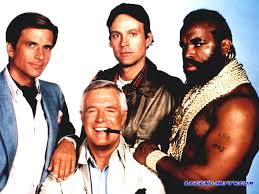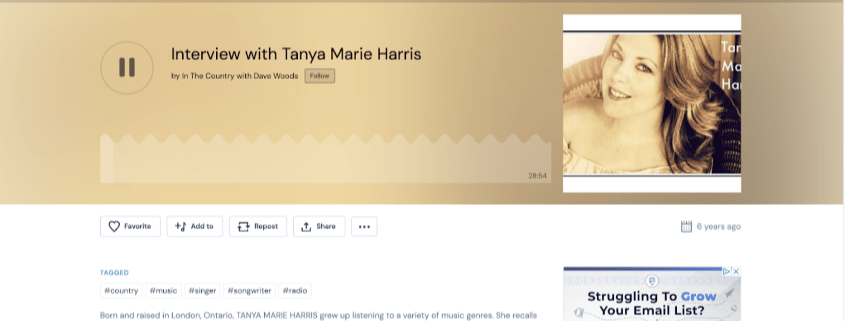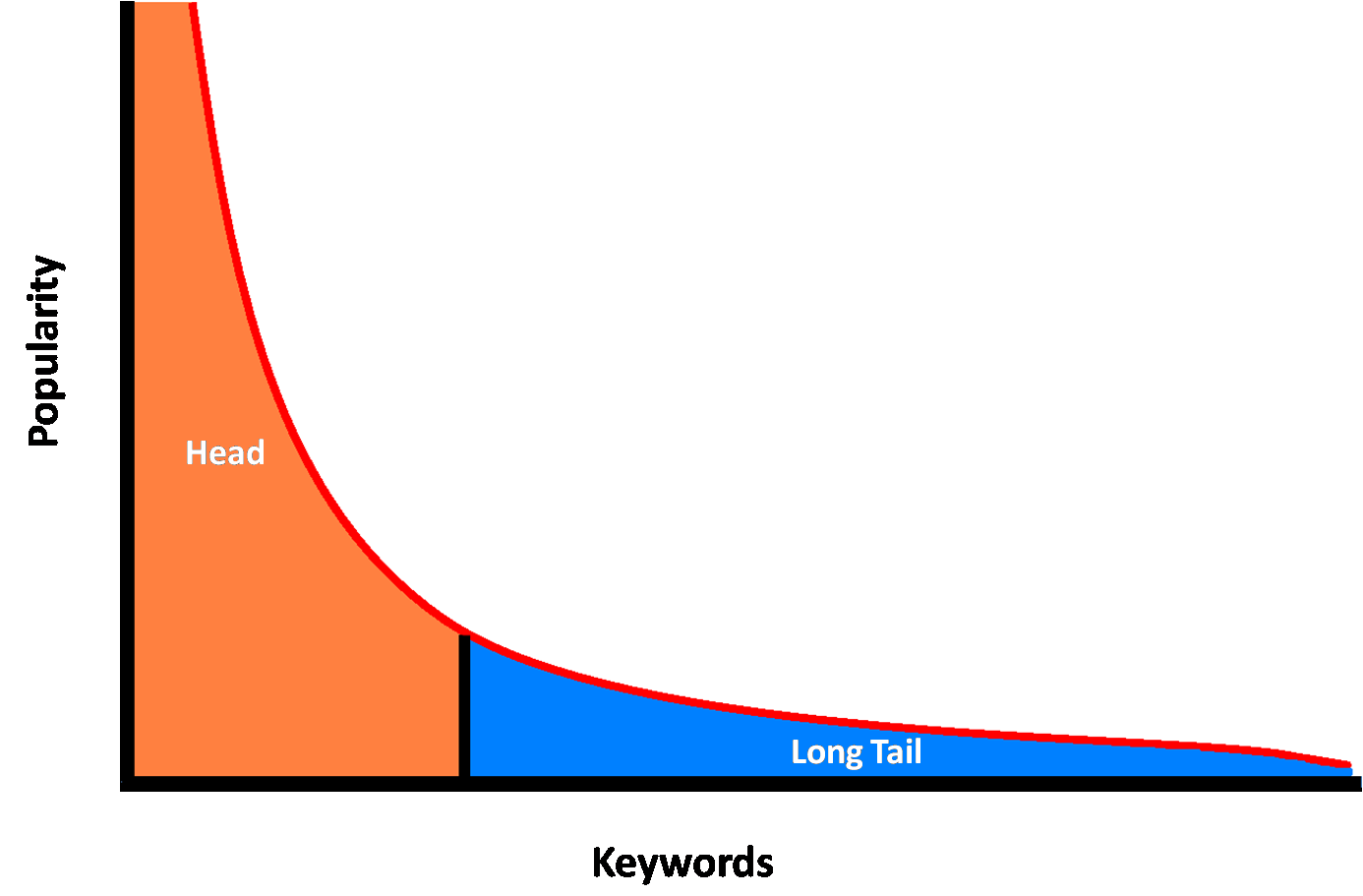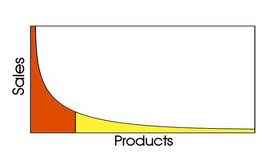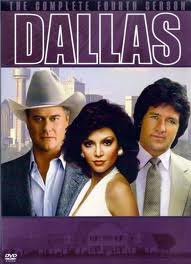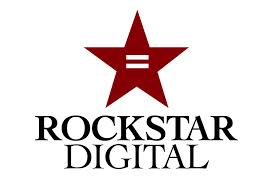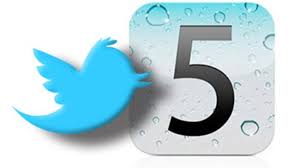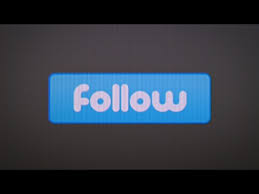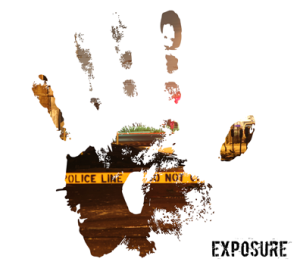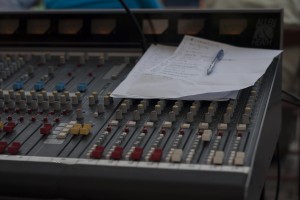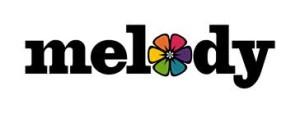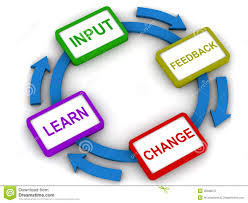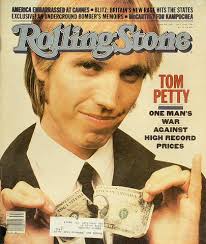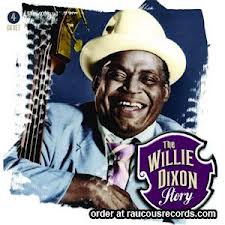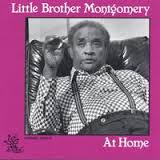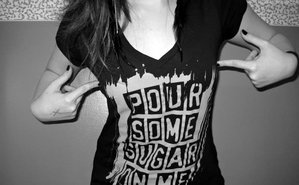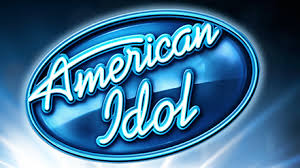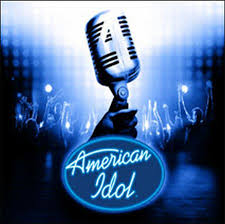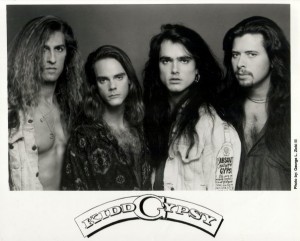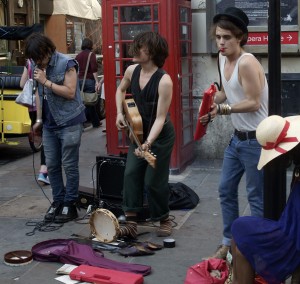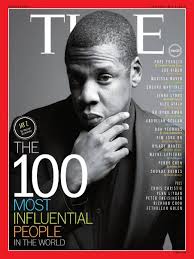Are You Smart Enough To Know That You Don’t Know
how to make records?
Just because you own a Pro-Tools rig and can record music to present to the world doesn’t mean you should; it doesn’t mean it’s good for your brand. OMG, these are GREAT tools for endless exploration. I was, and continue to be fascinated with my rig. I used to fly Kelly out to L.A. and pay him an hourly (bro rate) to help me mix my projects so I could LEARN how to make records! But there is a difference between doodling in your home studio and making records. The sooner you realize that the sooner you will gain some real momentum.
Are You Smart Enough To Know That You Don’t Know
how to orchestrate proper arrangements?
I hear the home projects that you put out there for the world. Most of you create arrangements (like we all do when we are beginning) that are WAY too busy with God knows what recorded right over the vocal. They typically don’t work which makes you sound amateur.
Are You Smart Enough To Know That You Don’t Know
that while art is subjective but it can be objective too?
Some bands just suck.
Some singers just suck.
Some songs say absolutely nothing.
Most songs are overloaded with cliches.
Some recordings are sonically shitateous
Some recordings have terrible performances
Can you really hear the difference?
Do you have the communication skill set to get the most out of your band in a recording situation?
Most of you can hear some of the difference but not all of the difference so stop being so sensitive.
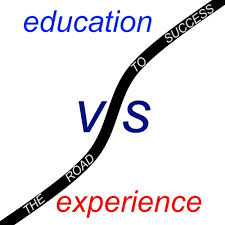 It takes EXPERIENCE to hear if the bass player is locking up with the drummer.
It takes EXPERIENCE to hear if the bass player is locking up with the drummer.
It takes EXPERIENCE to hear when it doesn’t happen and make a performance call on the record.
It takes EXPERIENCE to get to a frame of mind as a songwriter that allows you to judge your own “A” songs from the “B” and “C” songs objectively.
After all, if you put the finger-painting up on the world’s refrigerator, the world is going to judge. The world is not your mother so the world doesn’t care about your feelings, and they will vote by not voting; by not buying. They WILL make a decision about your art based on what they hear.
How are your sales going btw?
Are You Smart Enough To Know That You Don’t Know
how to manage your brand?
Putting your home recorded demos, live band rehearsals, partial recordings, home studio recordings, work tapes, song ideas, etc up on Soundcloud and Reverbnation is a HORRIBLE move for your brand and reputation. Imagine if your art were an unfinished prototype car you were presenting to consumers for the purposes of commerce. Now imagine it only had a chasse, 4 tires, 1 seat, a dashboard, a steering wheel, and all the necessary pedals.
Don’t be pissed that consumers will make a judgment because they can’t see your body design.
They can’t see the color it will come in.
They can’t see the rest of the seats to comprehend the functionality of your interior design to their lives.
They are scared because it doesn’t look SAFE without the body around it.
They can’t FEEL, COMPREHEND, UNDERSTAND, and therefore CONSUME your works in progress because it’s still in progress, so WTF are you putting it out there? People will JUDGE based on what they see and hear, not what is in your head!
You can only create a reputation for what you have done, not what you are going to do. Save the works in progress for your band mates and other artist friends who understand the process, they’ll get it; consumers won’t. Hell, I hate bringing A&R reps in until the mix is finished and they’re in the damn business!
Are You Smart Enough To Know That You Don’t Know
how to mix properly?
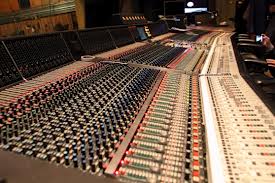 A killer mix is an art form and incredibly important to your dream. A killer mix requires thousands of hours of practice and an expensive rig.
A killer mix is an art form and incredibly important to your dream. A killer mix requires thousands of hours of practice and an expensive rig.
Did you know that mix specialists like Tom Lord-Algeand Chris Lord-Alge sometimes get $5,000 per song and crank out 3 mixes per day? Why could they possibly command this kind of money if what they were offering wasn’t so important?
Did you know that Guns & Roses went through several different mix engineers before settling on Steve Thompson and Michael Barbiero? Yes, all of the mix engineers had a pedigree but Thompson and Barbiero got it right. So why are you mixing your project?
MIX for the love of God!! Explore!! Learn!! But learn from people with experience and certainly don’t release your own mixes just yet! Most of you have 1,000 to do before you are going to get any good at it.
Are You Smart Enough To Know That You Don’t Know
How badly you need a producer?
Just because you or your friend went to recording school doesn’t mean you know how to make records! Producing is its own art form as well! Kelly got a degree sound engineering too, but the only reason he got his first internship was because he outworked all the other interns and had a better attitude. His degree had little to do with it and he didn’t know how to make records right out of school. Besides, why is it that most of the iconic bands you love STILL use producers?
Are You Smart Enough To Know That You Don’t Know
Are You Smart Enough To Know That You Don’t Know
the difference between a great live player and a great studio musician?
You may be a killer live band, but some of your members aren’t good enough to be on the record. Live is here and (SNAP) gone, but the record is forever. Stop fighting for the  brotherhood/sisterhood to stand tall in the face of the ugly music business and start fighting for making the best record possible; it’ll sell better. Don’t worry, if the weak links are dedicated, they will grow into the role over time. Don’t hold your potential momentum hostage over someone’s feelings. You would be astounded at how many of your favorite band’s records didn’t include all the members of your favorite bands.
brotherhood/sisterhood to stand tall in the face of the ugly music business and start fighting for making the best record possible; it’ll sell better. Don’t worry, if the weak links are dedicated, they will grow into the role over time. Don’t hold your potential momentum hostage over someone’s feelings. You would be astounded at how many of your favorite band’s records didn’t include all the members of your favorite bands.
Are You Smart Enough To Know That You Don’t Know
how much work will be required to make ANY dream like this a reality? (Better stop judging)
Think of YOUR story,
YOURÂ past,
YOURÂ history,
Now think of how you would feel about anyone judging your struggle, making statements about what you feel, how easy it was for you, etc. Pissed off yet? How could they possibly know? They weren’t there every day. Guess what, you weren’t in anybody else’s struggle but your own, man, so don’t make the mistake of assuming how “easy” it was for some artists who appeared on your RADAR overnight. It took them forever to get there, and whether you like them or not, they worked harder at it than you are right now, so shut up and get to work!
Are You Smart Enough To Know That You Don’t Know
Nobody can do it alone.
Who is your current team?
Who is your dream team?
Are You Smart Enough To Know That You Don’t Know
about the value of a mentor? Everybody needs mentorship in everything.
You have to learn to tie your shoes.
You have to learn to count to 10.
Hardcore drug addicts have to learn to do drugs the proper way to avoid infection or death.
You have to learn how to be a master carpenter.
You have to learn how to be a master plumber.
You have to learn how to do your job on the first day, first week, the first month, etc.
Why would you kid yourself that you know enough to put out acompetitive record that you, engineered, produced, wrote, sang, and played all by yourself?
Are you planning to market it yourself? Do you really know what you’re doing?
Don’t you want to learn?
Are You Smart Enough To Know That You Don’t Know
relationships are mission critical to success?
There are a million singer songwriters far better than the ones that are currently making a great living right now that will, unfortunately, never be heard because they either suck at creating relationships or they truly believe the opportunity they need is going to come knocking at their apartment door one day while they are high on the couch watching TV.
Are You Smart Enough To Know That You Don’t Know
consistency is the key to success in the music business?
Success in your music career, any career, your life, your relationships, etc is all based on what you do consistently every day. Your relationship with your significant other is not based on one event, one amazing evening, one sentence, one moment, one “big break”, etc. it’s based on all the “little things” you do every day to show your commitment.
Why would you feel that your music career would be any different?
If you like this post, please SHARE it and/or LEAVE A COMMENT thank you!
[ois skin=”Bottom Post”]



